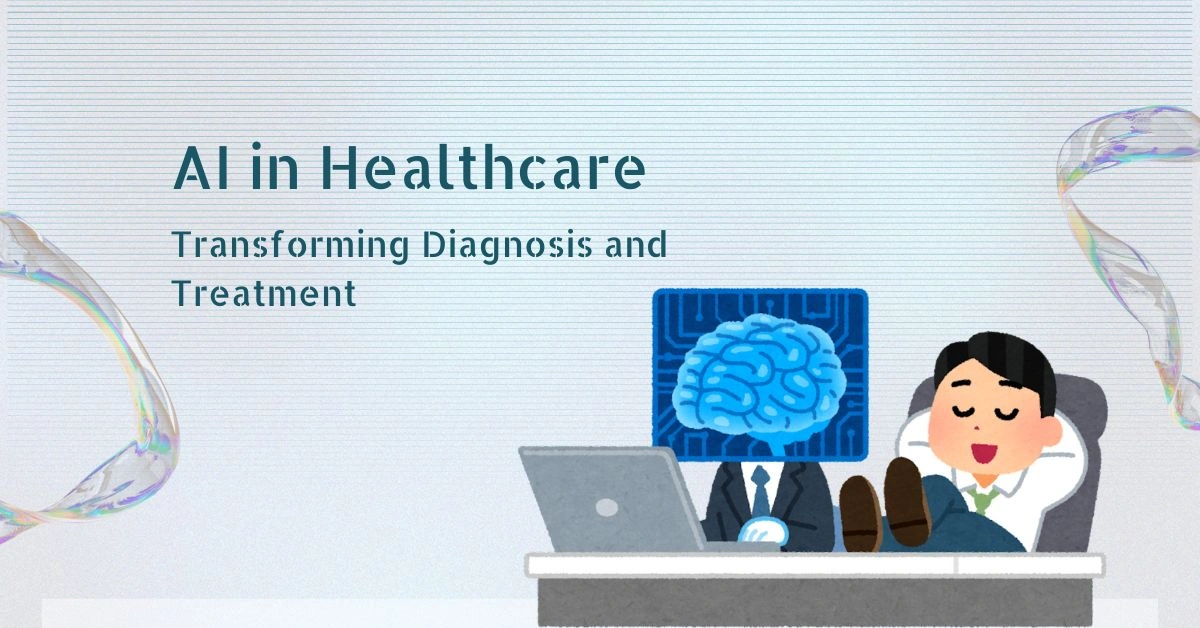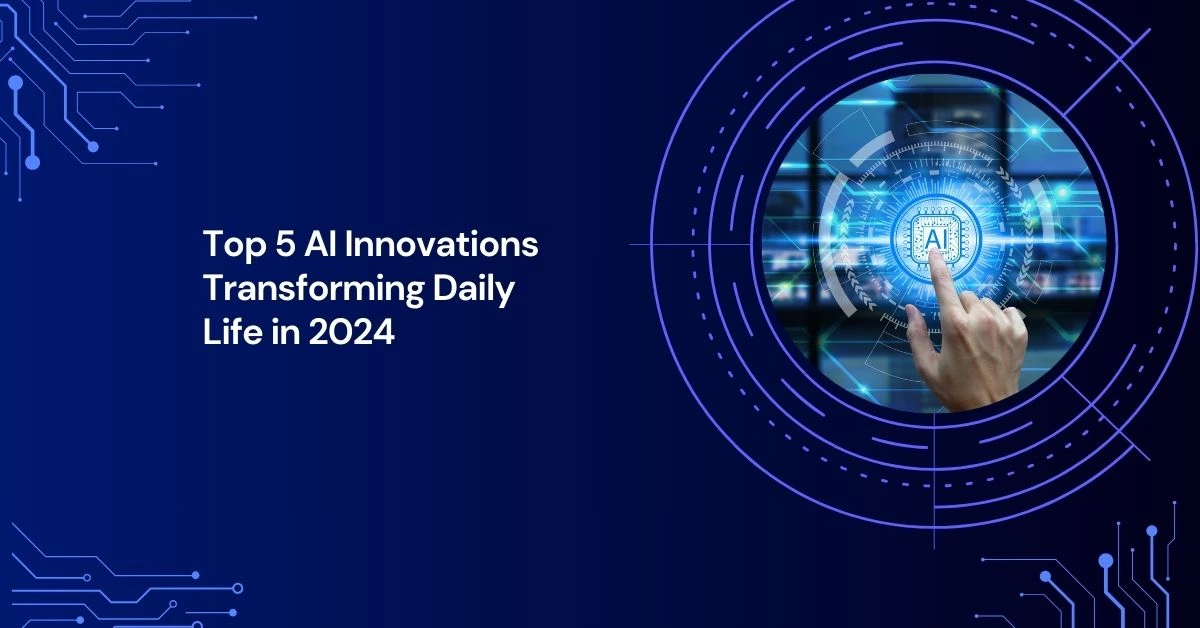The integration of artificial intelligence (AI) into healthcare is revolutionizing how medical professionals diagnose and treat diseases. With its ability to analyze vast amounts of data, identify patterns, and make predictions, AI is becoming an invaluable tool for enhancing the quality of care. This article explores how AI is transforming healthcare, focusing on diagnosis, treatment, and the future of this groundbreaking technology.
Table of Contents
The Role of AI in Modern Healthcare
AI leverages machine learning algorithms, natural language processing (NLP), and deep learning to perform tasks that traditionally required human intelligence. In healthcare, these technologies analyze medical records, assist in image recognition, and provide insights into complex conditions.
Key Benefits of AI in Healthcare
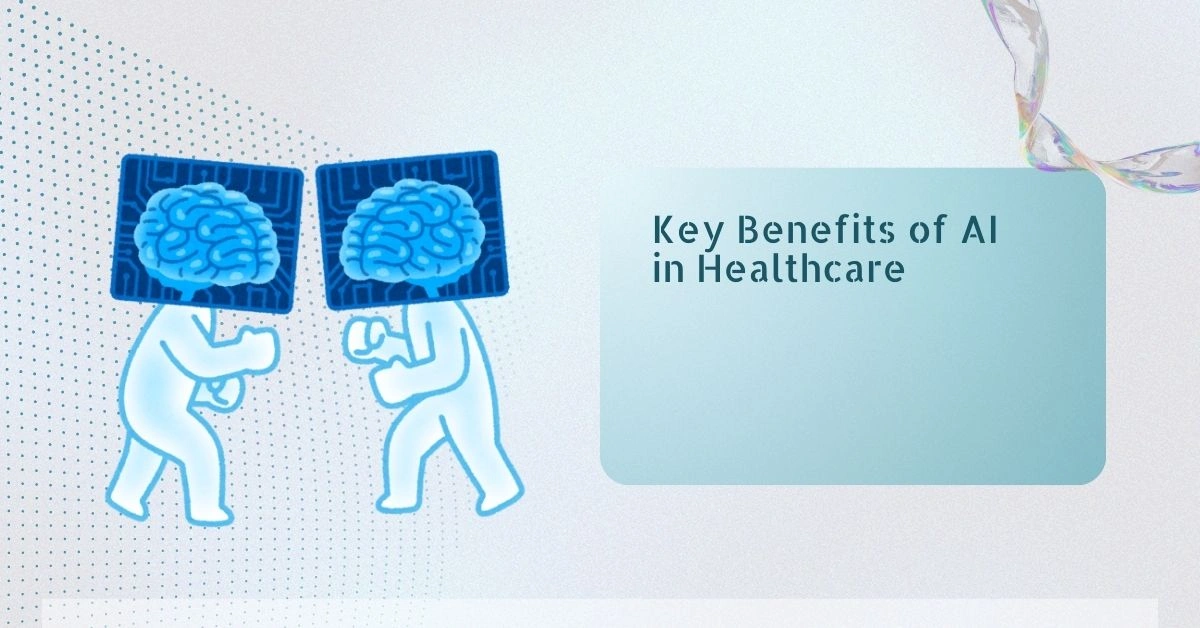
- Improved Accuracy: AI systems reduce diagnostic errors by analyzing data with precision.
- Enhanced Efficiency: Automation of repetitive tasks allows healthcare providers to focus on patient care.
- Personalized Medicine: AI tailors treatment plans based on individual genetic and lifestyle data.
- Cost Reduction: Streamlining processes lowers operational costs in healthcare facilities.
AI in Medical Diagnosis
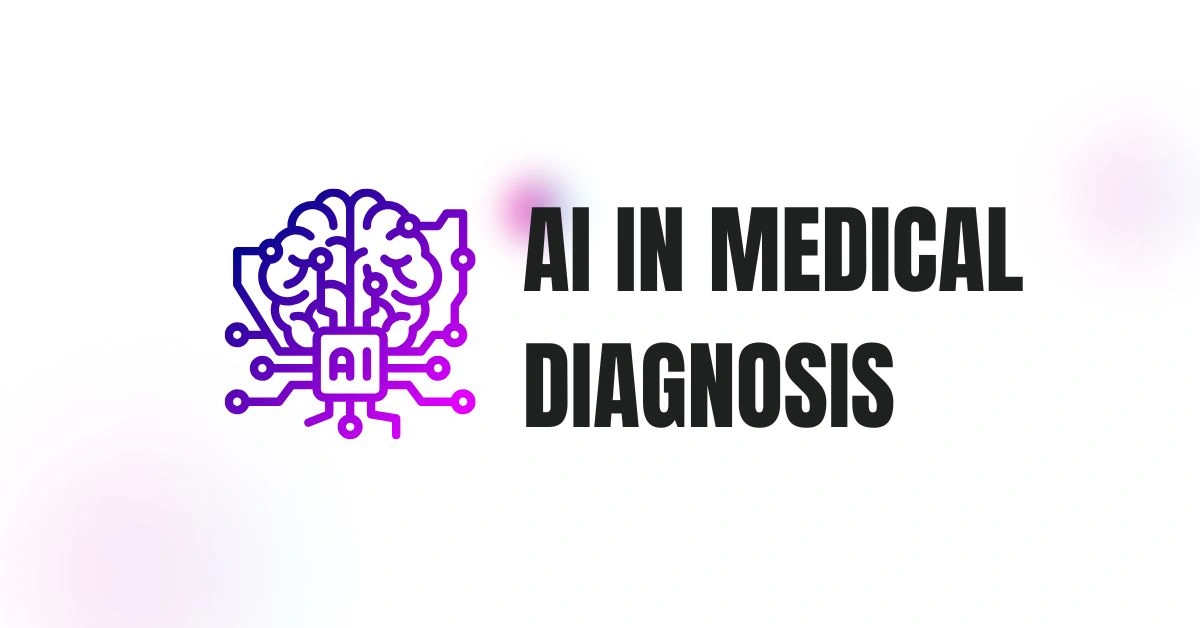
Accurate diagnosis is the cornerstone of effective treatment. AI has significantly improved diagnostic capabilities in various fields:
1. Imaging and Radiology
AI-powered tools analyze X-rays, MRIs, and CT scans to detect abnormalities such as tumors, fractures, or infections. These tools often identify issues faster and more accurately than human radiologists.
2. Predictive Analytics
By analyzing patient data, AI systems can predict potential health risks. For instance, predictive models help identify individuals at risk for diabetes, heart disease, or stroke, enabling early intervention.
3. Pathology
AI systems assist pathologists by analyzing biopsy samples for signs of diseases like cancer. Advanced algorithms can detect minute cellular changes that might be missed by the human eye.
Real-World Example: Google’s DeepMind
DeepMind’s AI system achieved groundbreaking results by diagnosing eye diseases with accuracy comparable to leading ophthalmologists.
AI in Treatment
AI not only aids in diagnosis but also plays a critical role in treatment:
1. Robotic Surgery
Robotic surgical systems, powered by AI, perform minimally invasive procedures with remarkable precision. These systems enhance outcomes by reducing complications and recovery times.
2. Drug Discovery
AI accelerates the drug discovery process by identifying potential compounds and predicting their efficacy. Companies like Insilico Medicine use AI to design new drugs, cutting years off development timelines.
3. Virtual Health Assistants
Chatbots and virtual assistants provide round-the-clock support for patients, answering questions, reminding them to take medication, and scheduling appointments.
4. Personalized Treatment Plans
AI algorithms analyze a patient’s genetic profile and lifestyle factors to create customized treatment plans, improving success rates.
Challenges in Implementing AI in Healthcare
Despite its promise, AI adoption in healthcare faces several challenges:
- Data Privacy and Security: Ensuring patient data remains confidential is critical.
- Bias in Algorithms: AI systems can perpetuate biases present in the data they’re trained on.
- Integration with Existing Systems: Incorporating AI into legacy systems can be complex and costly.
- Regulatory Hurdles: Gaining approval from regulatory bodies like the FDA takes time.
The Future of AI in Healthcare
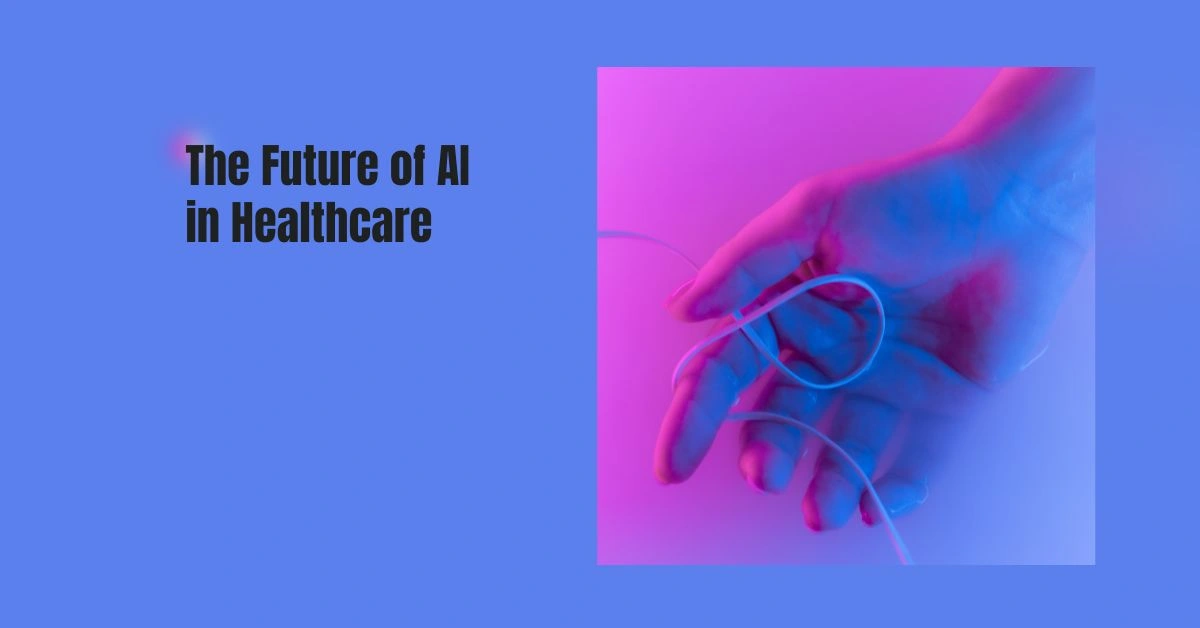
The future of AI in healthcare is promising, with advancements on the horizon:
1. Real-Time Diagnostics
Wearable devices integrated with AI will provide real-time health monitoring, alerting users and doctors to potential issues instantly.
2. Telemedicine Enhancements
AI will enhance telemedicine by enabling remote diagnostics, increasing accessibility for patients in rural areas.
3. Advanced Genomics
AI-driven genomic analysis will revolutionize how diseases are understood and treated at the molecular level.
4. Improved Mental Health Support
AI-powered tools will play a larger role in mental health care, offering real-time support and therapy options.
FAQs
How is AI used in diagnosing diseases?
AI analyzes medical data, such as imaging and patient records, to identify patterns and abnormalities indicative of diseases.
Can AI replace doctors?
No, AI is designed to assist healthcare professionals, not replace them. It enhances decision-making but cannot provide the empathy and nuanced judgment of human doctors.
Is AI in healthcare safe?
When implemented responsibly, AI systems undergo rigorous testing and comply with regulations, making them safe and effective.
Conclusion
AI is reshaping the healthcare landscape, offering unprecedented opportunities for improving diagnosis and treatment. While challenges remain, ongoing advancements and ethical considerations will ensure that AI continues to enhance patient care. By embracing this technology, the medical community is taking significant steps toward a future of more efficient, personalized, and accessible healthcare.
Discover how AI is transforming cybersecurity in 2025 in our detailed article here.
